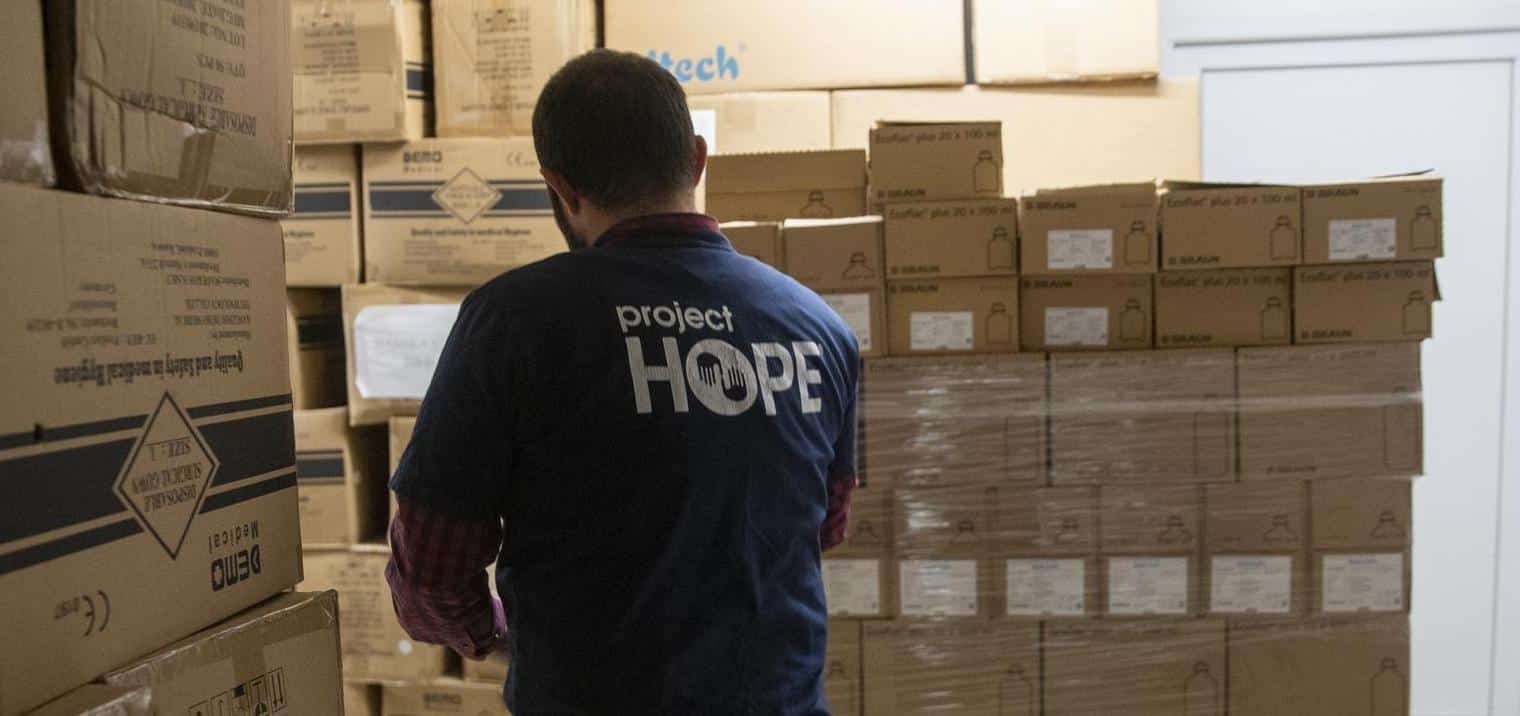
Gifts In Kind Donation Form
Gifts-In-Kind (GIK) are an essential part of the work we do. Thanks to generous donations from partners in the U.S. and Europe, we’re able to deliver essential medicines, equipment and supplies where they’re needed most, empowering local health care workers to be able to better care for their communities.


